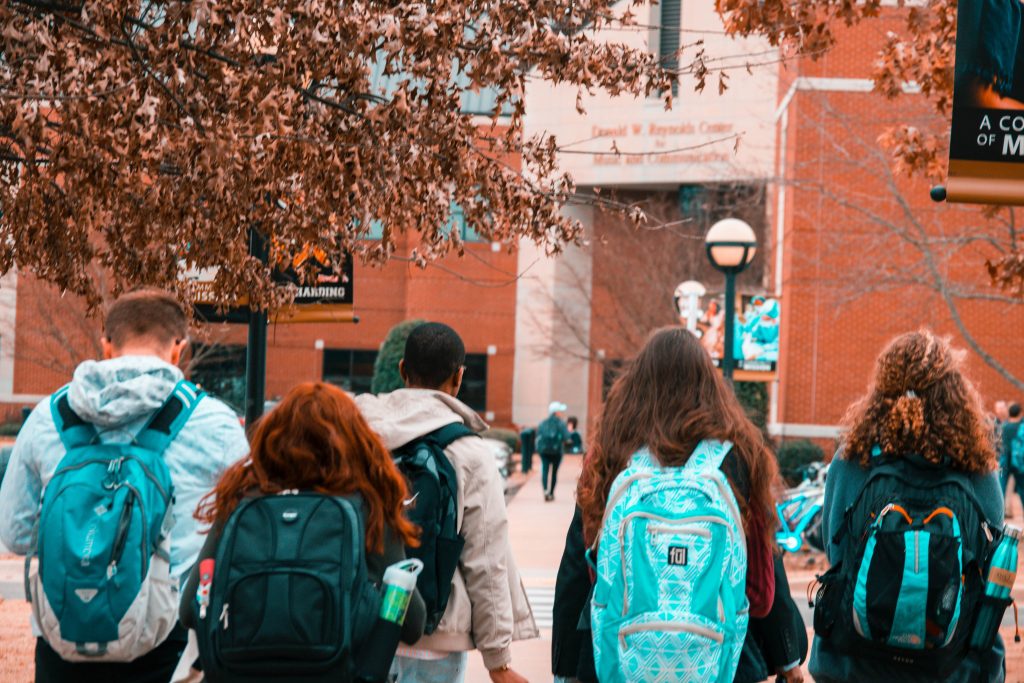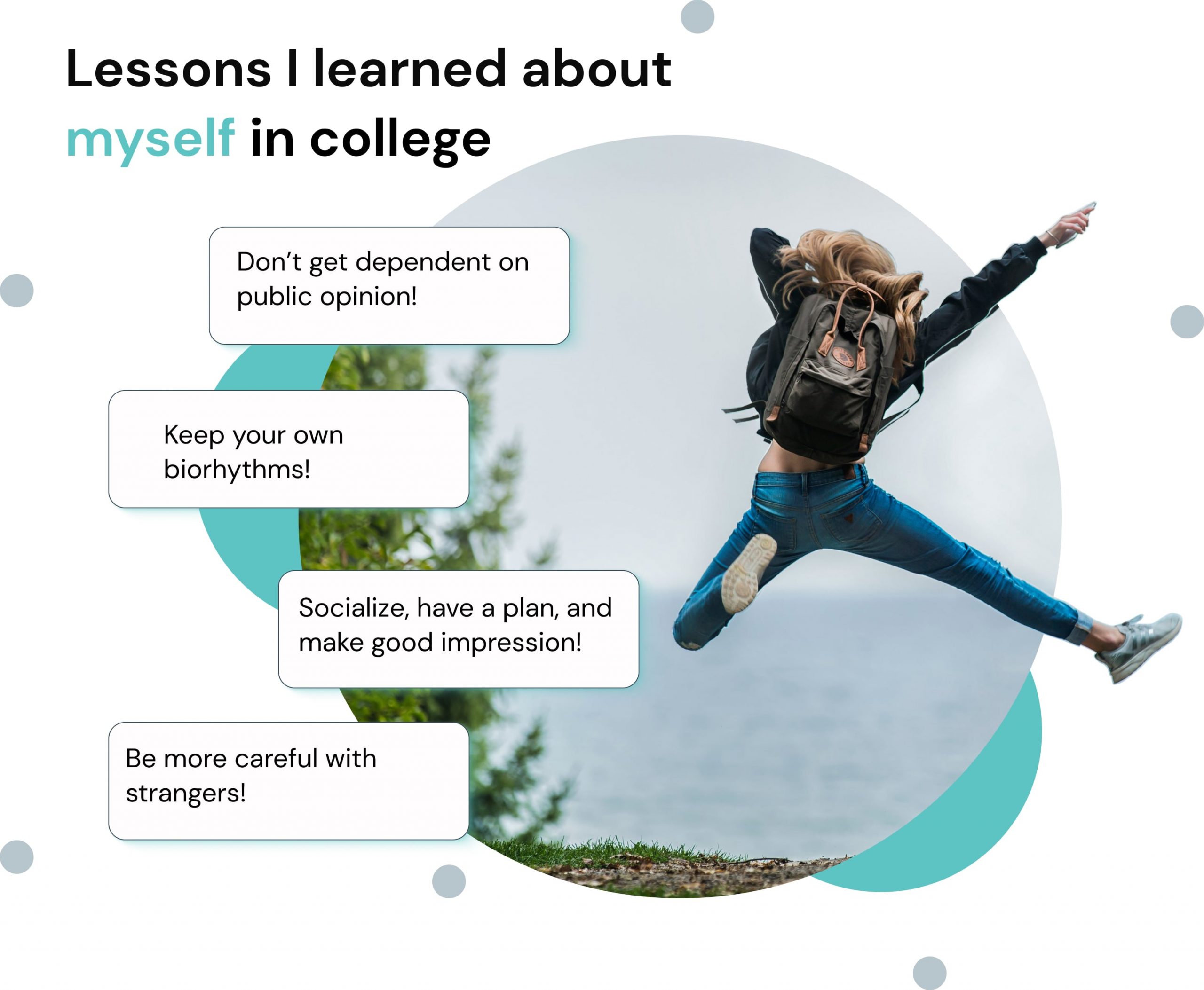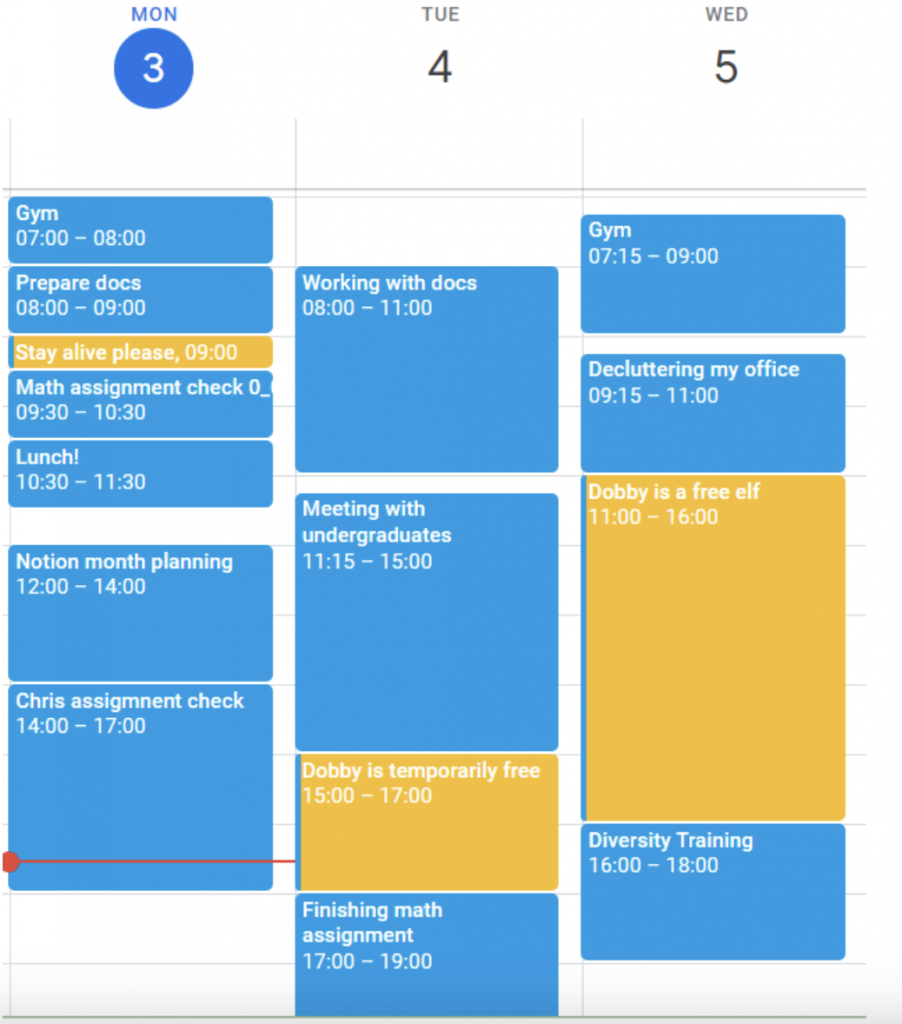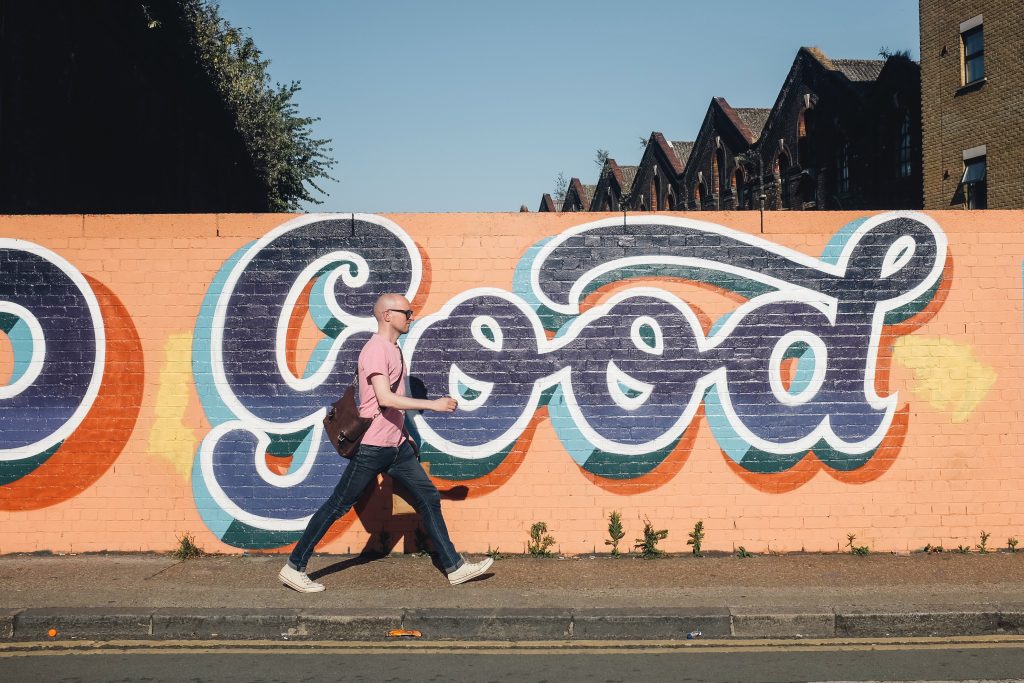Hey everyone! It’s me, Wang Shu Huang writing again. As you might already know, I’m a recent graduate with a Master’s degree in Engineering, and it’s done a great deal for me on my path toward becoming an adult. Truth be told, things you learn in college are unique and are more practical than everything you might’ve known before. I love my uni so much that I’m starting as the assistant in the admission department to help people get a great experience without such a high level of trouble I went through. But since I also believe that writing such things to people can help them adapt to college life better, I’ve written this text. So, what has college taught me about life?
Relationships Lessons: More Nuanced than You Think
First of all, college is a place where you learn more about communication. Anything before that doesn’t make it easier: no one’s here to support you but yourself. Essentially, you’re left to protect your own interests.
Not everyone is your friend
Not all things you learn in college are pleasant to hear. I know that it sounds quite pessimistic, but many sophomores in college believe that every learner is just like them: fascinated with new life, naive, and interested in discovering many things. Unfortunately, college is also a small model of society, and not every individual is a good guy in the world. Too many students have a tendency to spill their guts out to every person they befriend.
Honestly? The first months are the time when you should keep quiet and listen more than talk.
A lot of people will show their true colors later. During my first semester, I realized that a lot of students are too competitive or simply don’t like each other for no apparent reason. I got hurt a few times and learned to get small hints that suggest people aren’t interested in friendship.
Don’t take drinks from stranger’s hands
Once, my friend invited me to a party of a friend of a friend. You know how it is. As I was getting back to my company, a guy offered me a cocktail, and I foolishly took it. Man, I’ve never felt this bad in my life. In general, it’s just a common knowledge that you have to drink only with people you know, but I was young and in a desperate need for social approval. Yes, don’t listen to peer pressure and know who your friends are. I was lucky: no one tried to rob me. However, it can be dangerous for many, especially if you’re a woman, so please take care.
Pro tip for your safety. Don’t listen to peer pressure, and know who your friends are!
Befriend a lot of people, but do not work up yourself too much
Regardless of whether you’re earning an associate’s degree or finishing your PhD, networking will save your learning, professional, and social life. Join clubs, be a part of the sports team, put yourself everywhere you find it interesting. Why? Easy. Every contact in your list is someone who can solve your problems. Of course, it should be mutual. That’s why I’m suggesting you not to invest all you’ve got into other people. After a few months of too-intensive socialization, I felt so angry at everything and everyone that I could barely manage to talk. After I realized my limits, it actually benefited me and my friends. Once you have no idea who the people you befriended on Facebook or Instagram are, it’s time for you to reflect on your life priorities.
Lessons about Myself: Different Dimensions
Undeniably, most of the things I learned relate to me as a person or a learner. College can tell you a lot about you just because it exposes you to different situations.
I can get a little bit too dependent on public opinion
Among the most important life lessons, the most painful one is that I care about what people think about me. College showed me that when a person asked me for help, I’d rather say “yes” than appear rude. Quite often, I was ruminating about what that person thought about me and whether I should apologize even if I didn’t do anything wrong. But I’m a people-pleaser sometimes and had social anxiety as a kid. I’m on my way to learn how to overcome it. But if you’ve got the same issues as I do, I honestly suggest that you work it out with yourself.
Being too invested in other people’s opinions about you can make you very stressed.
I study better at night
I won’t ask you to focus on the things related to health and the importance of sleeping at night. Most people don’t care about the normal sleeping routine at college, and I didn’t either. About a month after I started using my days on social activities, I began writing my essays and opening my laptop near 1 AM. As I went through my first laziness, I realized that I learned so much more and was able to concentrate on my engineering lab tasks much faster than during any other time of the day. Of course, it doesn’t mean that it applies to you as well, but every person has a different routine, amount of sleep, and preferences in activities. Don’t listen to those who dictate you when to go to sleep – these people probably aren’t learning in a uni anyway.
I love working with people
I’m a sociable person, and I love studying with my peers, asking them about their day, joining lots of clubs, and visiting at least a party per week. From my own experience, this lifestyle isn’t for everyone, but it definitely helped me learn about a lot of events in my uni and get better at learning. It taught me that I am an extrovert open to experience, which allowed me to go skiing with a group of friends, parachuting, and I also had an awesome road-trip through 4 U.S. states when I had some free time. And that’s what I have realized: despite all my dedication to studying, I also love simply living.
Extroverted lifestyle isn`t for everyone. But fitting in and being social helps to learn more about uni events.
Studying Lessons: Easier than You Think
People who’re only starting to get their Bachelor’s degree or an associate’s often think that studying means absolutely no fun and all hard work with barely a chance of surviving. In reality, it’s not so hard, but you should remember that a lot of things depend on you.
Always plan ahead
Regardless of whether you learn health sciences or literature, you’ll learn more information if you have a regular schedule. I always divided my topics into different learning sessions. It saved me a lot of time and I managed to work everything through. Even more, let’s get back to health: imagine learning the year-long task in two days or in a few months. It can really damage your health if you don’t take care of yourself. For instance, here is my schedule from the other week with some free periods and little sparkles of humor:
Make a good first impression
My dad once told me that everyone getting any type of degree begins with your first year, even if you’re getting a Bachelor’s degree associate. I did as he told me. For example, things I learned in my first year benefited me the most. My professors saw that I was ready to study a lot and help out my friends. They challenged me and started to trust me. As a result, when I was in my senior year and made several mistakes or forgot to study, I already had a reputation as a good student. But don’t overuse it because educators can change their opinions.
Things I learned in my first year benefited me the most.
Buy materials from senior students
I don’t mean let them do their work. But I’ve bought a few older textbooks from senior-year learners in the department and a few presentations that they did to make it easier to learn for themselves. I got my engineering 101 textbook at $13 because the girl I took it from just needed more space in her room. It was more than just a deal. I’ve started this small “collaboration” with her that lasted for years. I got carried away; let’s get back to business. Buy everything that you think can help you: their notes of the lectures, useful illustrations, old copies of used books that would otherwise cost $80 and more. It isn’t cheating: in fact, you simply use it to your advantage and study smarter. And isn’t that what we’re meant to do?
You’re Learning Every Day
Even if the things I learned are different from your experience, it doesn’t mean that your life lessons are less valid than mine. If you’re worried about everything, I want to say that skills learned in college will be useful in your personal and professional life as well. College makes you a more adaptable individual and shows how to interact with people when adults aren’t there. Don’t make any plans: your learning, physics, and health lessons will find you in no time. The only thing you should do is listen to others and accept these life lessons without too much anxiety. These are just lessons, and most people remember their college years with fascination and a wide smile.
So, be careful with drinks and strangers, explore your personality in college, make plans, and recycle materials from older students. That’s it, you are all set!





